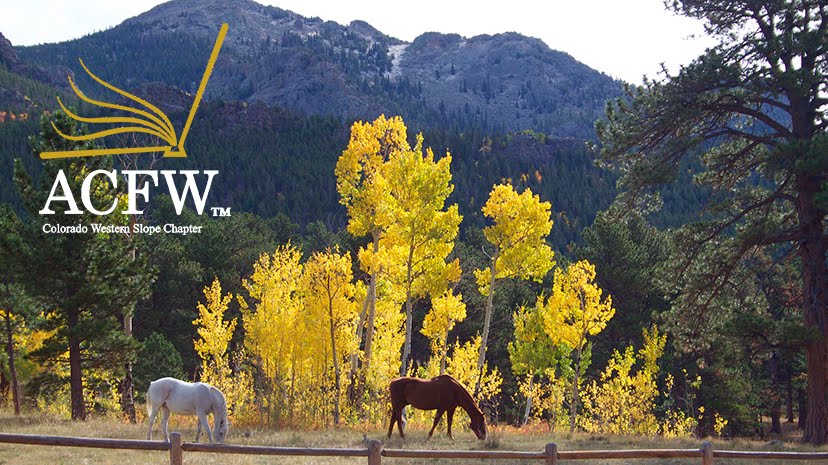Saturday, Oct. 25 will be our final 2014 meeting. After the holidays, we will tentatively schedule a January meeting (subject to weather and road conditions) for Jan. 24, 2015.
If you were at our most recent meeting, we discussed press/media kits. Hopefully we've all made a few baby steps toward developing those. I ordered business cards today. They won't be here in time for our next meeting, but I'll have them before I head to Denver for the Novel Crafter's Seminar in November!
For this meeting, we'll be talking about our heroes. No, not the real kind. The fictional kind... although we could probably draw some interesting parallels between our real heroes and the ones we write about.
For motivation/inspiration, here's a music video from the '80s... After you stop laughing over the general ridiculousness of '80s music videos, think about your favorite FICTIONAL hero, and what appeals to you about that particular character.
In the meantime, I'll share these verses with you, because as a writer/storyteller, they blessed me when I read them this morning!
"The disciples came up and asked, 'Why do you tell stories?'
He replied, 'You've been given insight into God's kingdom. You know how it works. Not everybody has this gift, this insight; it hasn't been given to them. Whenever someone has a ready heart for this, the insights and understandings flow freely. But if there is no readiness, any trace of receptivity soon disappears. That's why I tell stories: to create readiness, to nudge the people toward receptive insight." Matthew 13:10-14 The Message
I hope to see you Saturday!
SATURDAY, OCTOBER 25
10:00 A.M. at The Artful Cup















